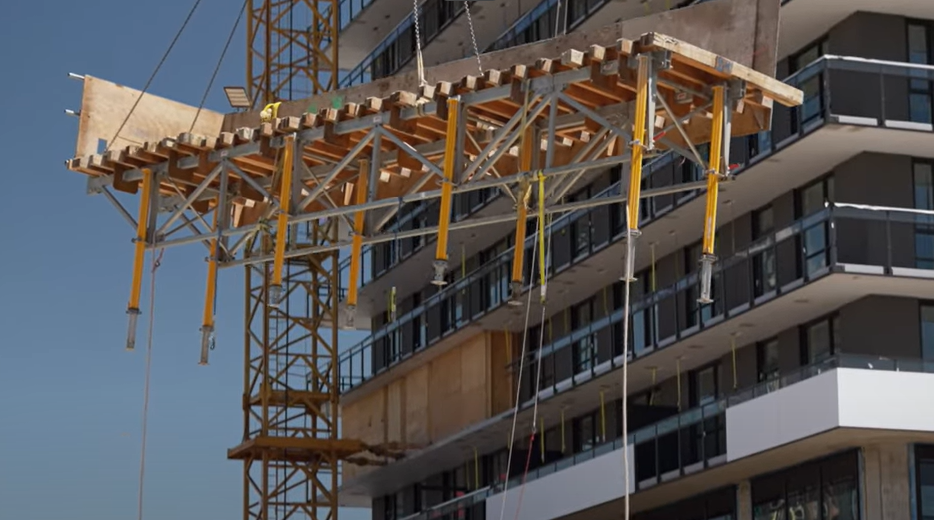Appeal of 80 caregivers and residents denied

A Quebec court has denied the appeal of 80 caregivers and residents for unvaccinated caregivers to be given injunction allowing them to enter nursing homes without showing proof of vaccination.
Superior Court Justice Christian J. Brossard wrote that, without an in-depth examination of the case, he couldn't conclude the restriction imposed on unvaccinated caregivers causes more public harm than good, The Canadian Press reported.
“At this preliminary and summary stage of the proceedings, the court is unable to conclude that the approach taken by the government is unrelated to the public good, whether for the population in general or for the beneficiaries in particular, would be better served by the suspension of the provision in play and the suspension of the requirement of proof of vaccination for caregivers,'' he wrote.
He added that “only an exhaustive substantive debate, based on complete evidence, will decide this.”
Quebec is requiring workers in health and social services facilities and private seniors’ residences, among others, to be vaccinated against COVID-19. The caregivers and residents want Quebec to switch from requiring proof of vaccination from caregivers to accepting a negative test result within 72 hours of when they want to enter a facility.
However, Brossard said he must abide by the presumption that the government is acting in the public interest with its COVID-19 health measures.
At the start of this year, Nunavut’s Department of Health started requiring COVID-19 vaccination from some frontline health workers. Meanwhile, the city of Winnipeg in Manitoba expanded its COVID-19 vaccine requirement to apply to all city employees before 2021 ended.
It wasn't for the court to interfere in the government's “analysis, assessment and decision-making process,” said the judge. He added that it's the government's responsibility to find a fair balance between the public interest and those whose physical health, well-being and mental health depend on caregivers.
Last week, Natalia Manole, who represented the said caregivers and residents, argued in court last week that vulnerable residents are suffering without access to caregivers. If unvaccinated health-care workers are able to work in the same facilities provided they test negative, people looking after loved ones should be afforded the same right, she said.
Manole said in an email she would study the judgment to see whether she would appeal, according to The Canadian Press.
Brossard also suggested “with goodwill” that caregivers who are unvaccinated strictly due to personal choice should “calmly, but diligently'' re-evaluate their decision and its effect on the people they're looking after, according to the report.
Reactions
Some Facebook users had contrasting reactions to the request for injunction from the workers and residents.
“They would have had ample time to be vaccinated. I find this mentality of non-vaxxers, really incredulous. They say that their parents/family/friends are near death, yet they insist on being one of the 8 per cent of people unvaccinated; Makes no sense at all,” said Linda Conlin of Pointe-Claire, Quebec.
“What kind of caregiver would refuse to protect his love ones and elderly people living in old folks homes…. This society is idiotic,” said Isabelle Simard, who claims to be a fully licensed commercial residential broker.
But there are still those who do not believe COVID-19 vaccines helps stop the spread of the virus.
“Transmission is not reduced so there is no need for this anymore. Enough is enough,” said Freddy Vincelli, who works at Verdant Environmental Technologies.
In November 2021, over 1,000 workers in “core” federal public sector were put on leave because they had not been fully vaccinated against COVID-19. In October, the federal government announced that these workers will have to prove they are fully vaccinated against COVID-19 by October 29.





